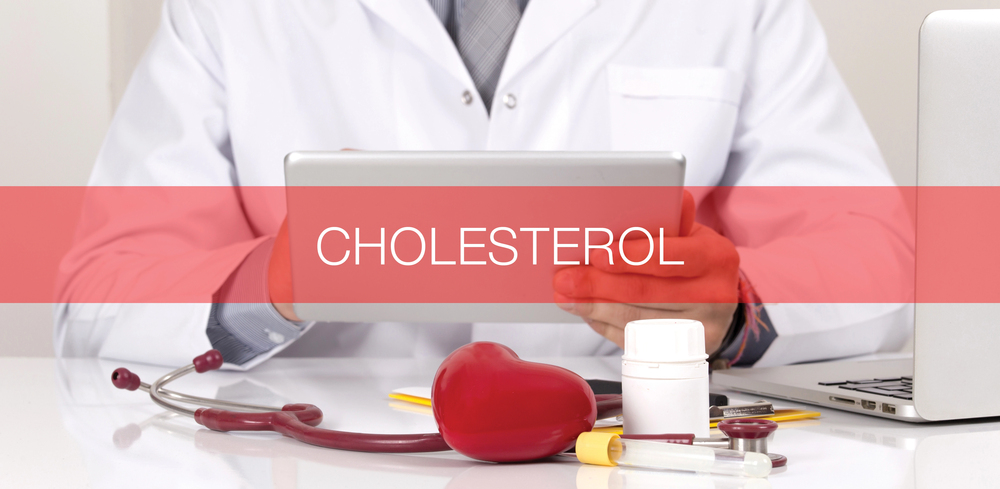The microbiome and its effect on overall health is the subject of a large volume of research right now. Your digestive health is closely connected with your microbiome, but also has a big impact on many other aspects of health including weight, focus, mood, and immunity.
What is the microbiome?
The microbiome is a collection of the organisms that live inside of us and on the skin. It includes bacteria, fungi, viruses, and yeast. Some of these microorganisms are beneficial, and some, in excess, can cause harm.
A balanced microbiome has multiple supportive functions in the body. It produces certain vitamins and other beneficial compounds such as short-chain fatty acids. Intestinal cells use these short-chain fatty acids as fuel to keep them healthy. It also contributes to nutrient absorption and therefore impacts the entire body.
The overgrowth of harmful species can cause a variety of issues such as nausea, gas, bloating, inflammation, constipation, or diarrhea which can lead to more serious conditions. Research into gut-brain access has shown us that the microbiome communicates with the brain. While the mechanism of that communication hasn’t been completely identified, it is clear there is a connection. So, keeping the gut healthy can be important to managing anxiety, depression, and other mood issues.
What can impact microbiome health?
The health of the microbiome is impacted mainly by diet & lifestyle. Poor diet, excess stress, too little or too much exercise, lack of sleep, and low fiber intake can negatively impact microbiome health. Genetics may also be a factor in a healthy microbiome.
Medication can also negatively affect the microbiome. Three notable and common drugs types that alter the microbiome are birth control pills, acid-blocking medications, and antibiotics. Others include corticosteroids, diabetes medications, anti-psychotics, chemotherapy and other hormone-manipulating drugs. While you and your doctor are in charge of determining what medications are necessary, buffering their negative effects on the microbiome with food and supplements can save you a lot of trouble.
Studies have shown that dysbiosis is associated with the development and/or progression of multiple diseases such as Celiac disease, childhood asthma, food allergy or sensitivity, high blood pressure, inflammatory bowel disease, irritable bowel, rheumatoid arthritis, obesity, and Types I & II diabetes.
Supporting a healthy microbiome
A diverse microbiome is a healthy one. An important way to improve the health of the microbiome is to eat a wide variety of plant foods and spices. Some experts recommend 30 or more of these different foods per week to support the diversity of the microbiome. If this seems difficult, just think of a salad with lots of topping, or a well-spiced vegetable medley, and that will get you there quickly!
You may have heard of prebiotics and probiotics in supplement form, and those can also be helpful in certain situations for maintaining or restoring Microbiome health.
Lastly, getting familiar with your own microbiome can impact your health in a positive way. I use functional tests can look at the composition of the microbiome, as well as other factors in digestion like bile acids, digestive enzymes, and the health of tight junctions in the gut. This allows for targeted ways to improve the microbiome and have you on the road to better health. If you are interested in purchasing testing, you can reach out to me via email- lynn@walshnatural.com




